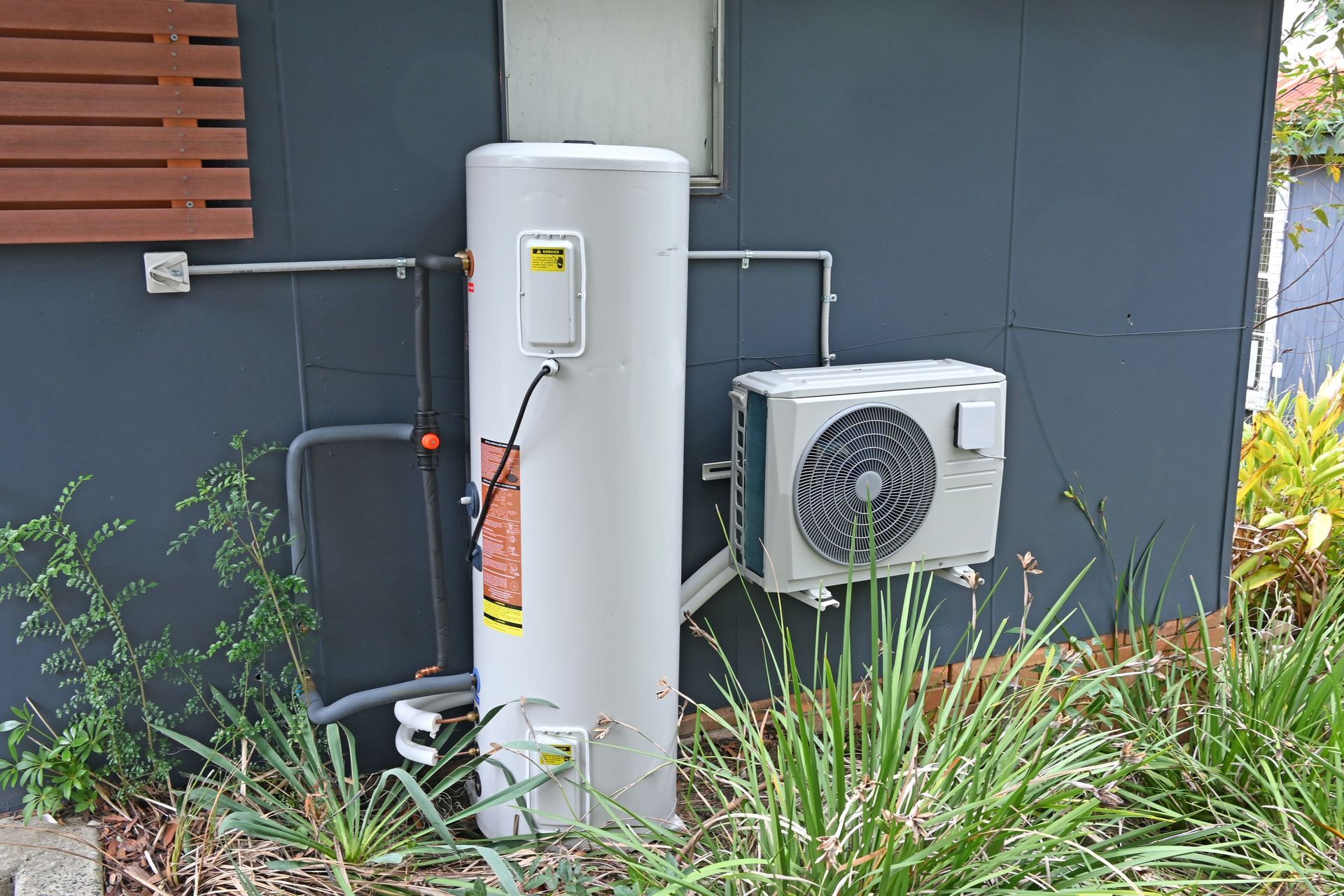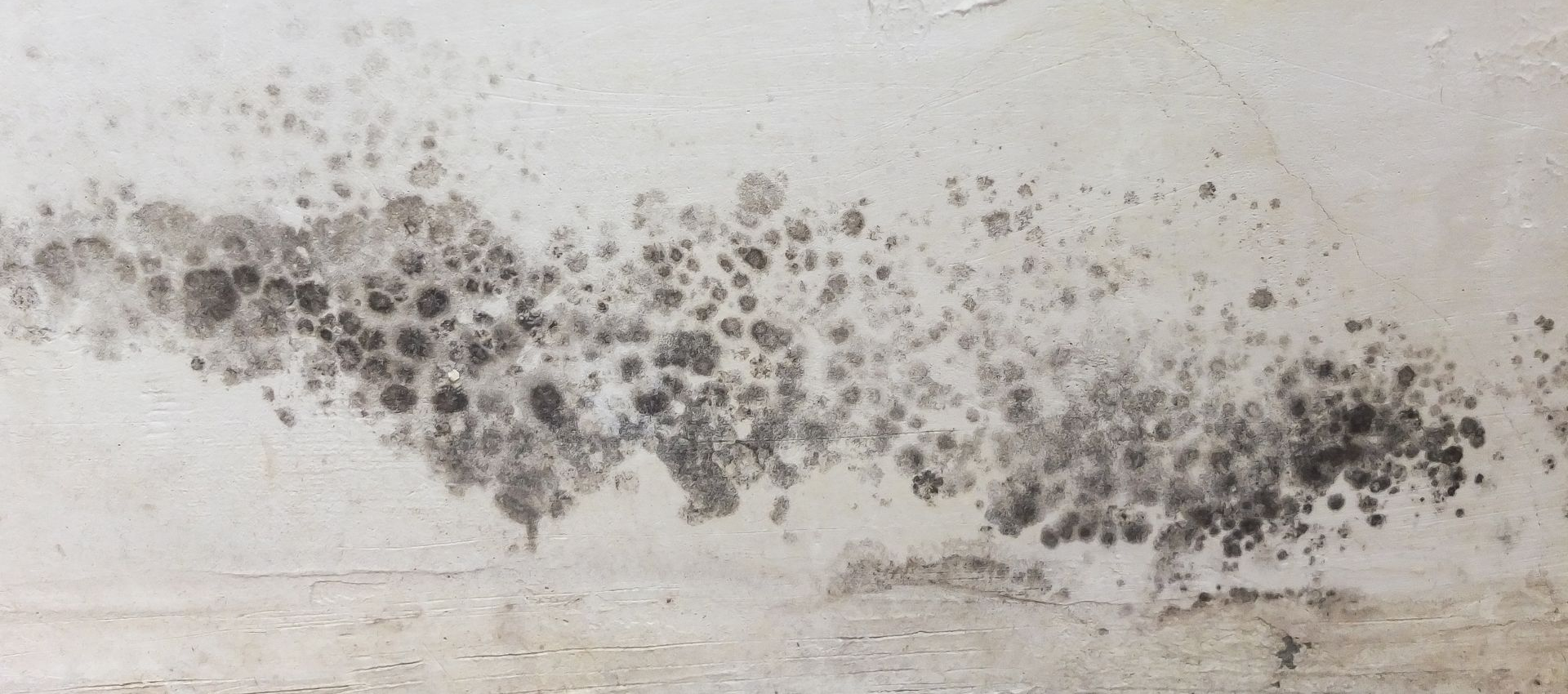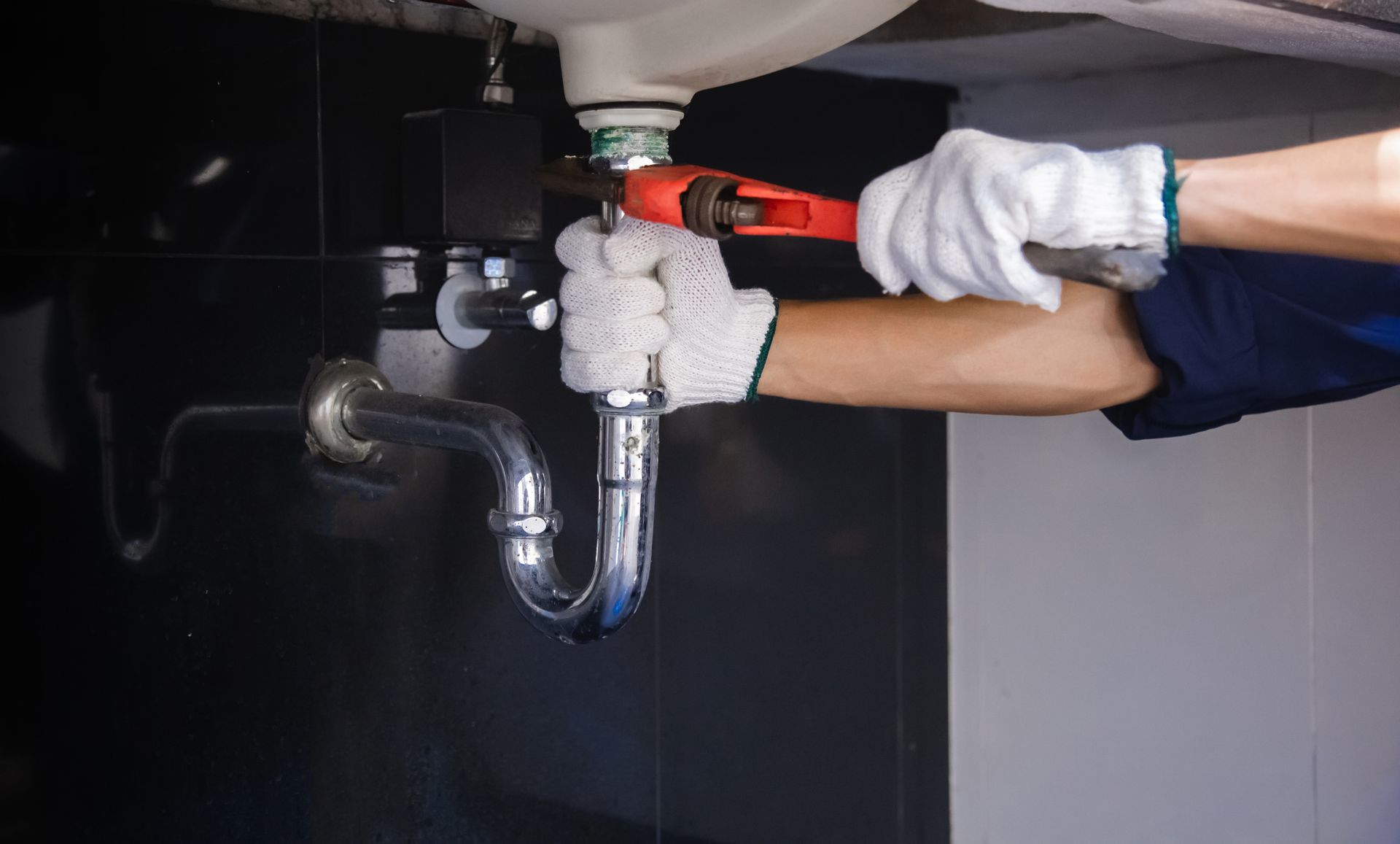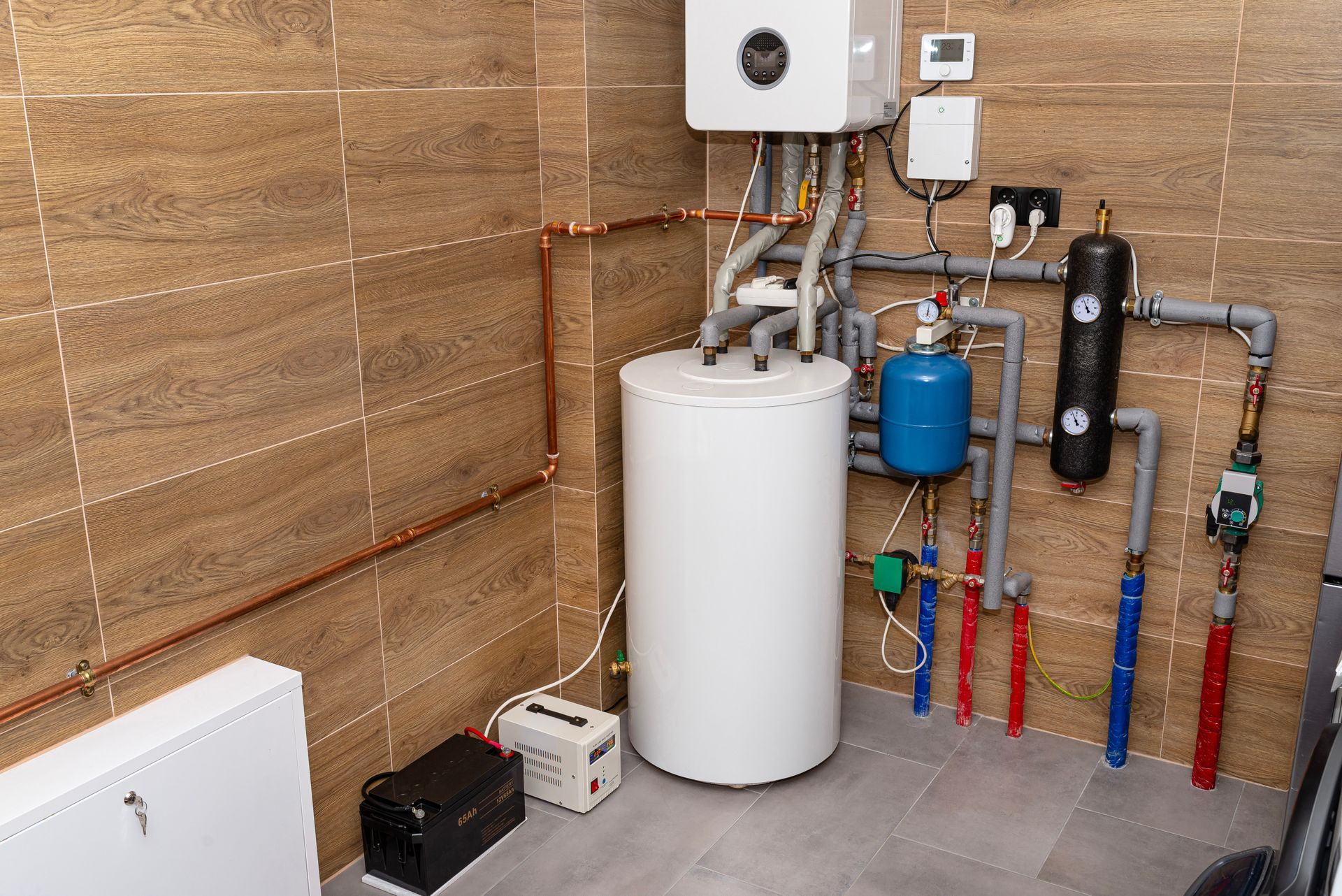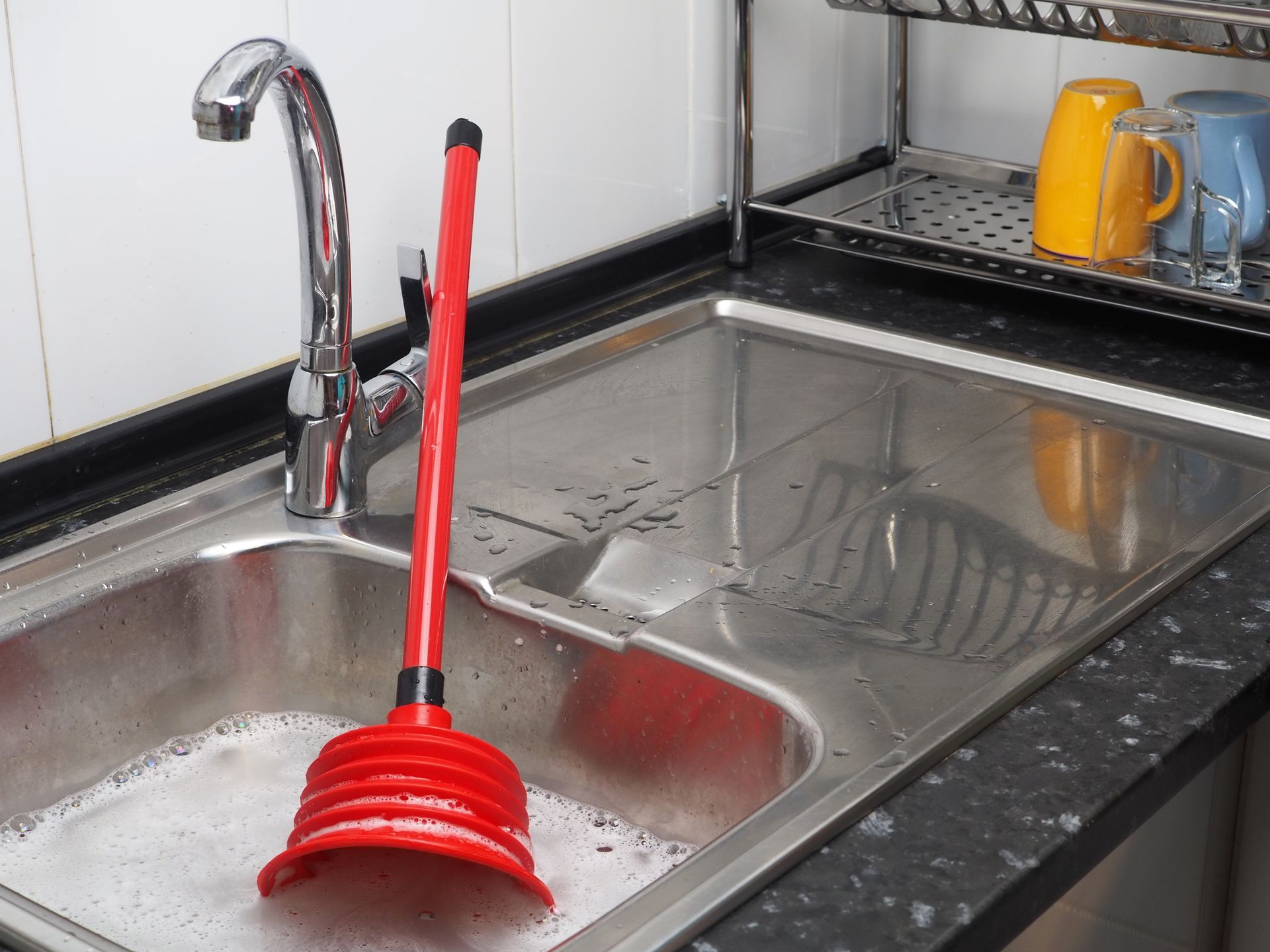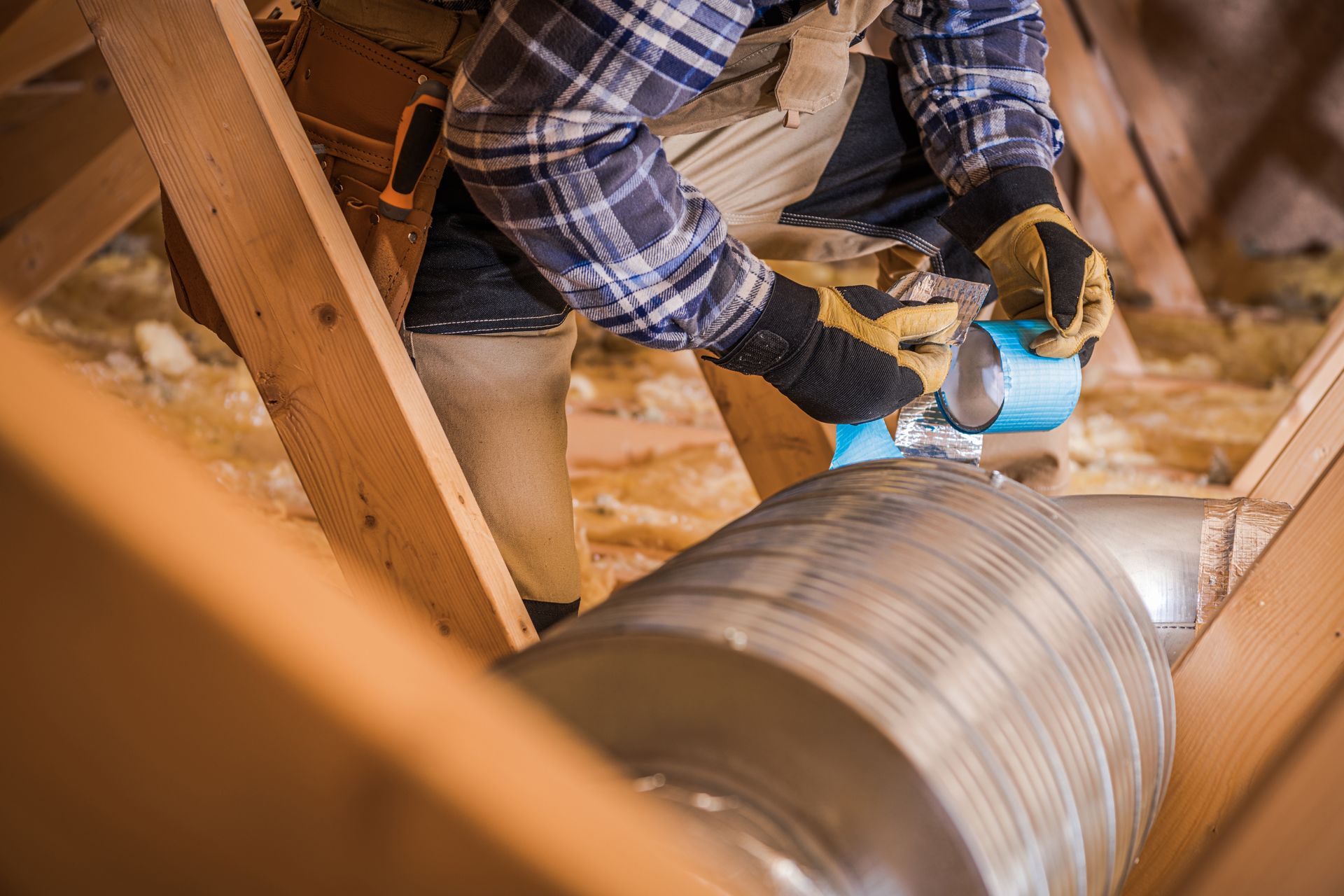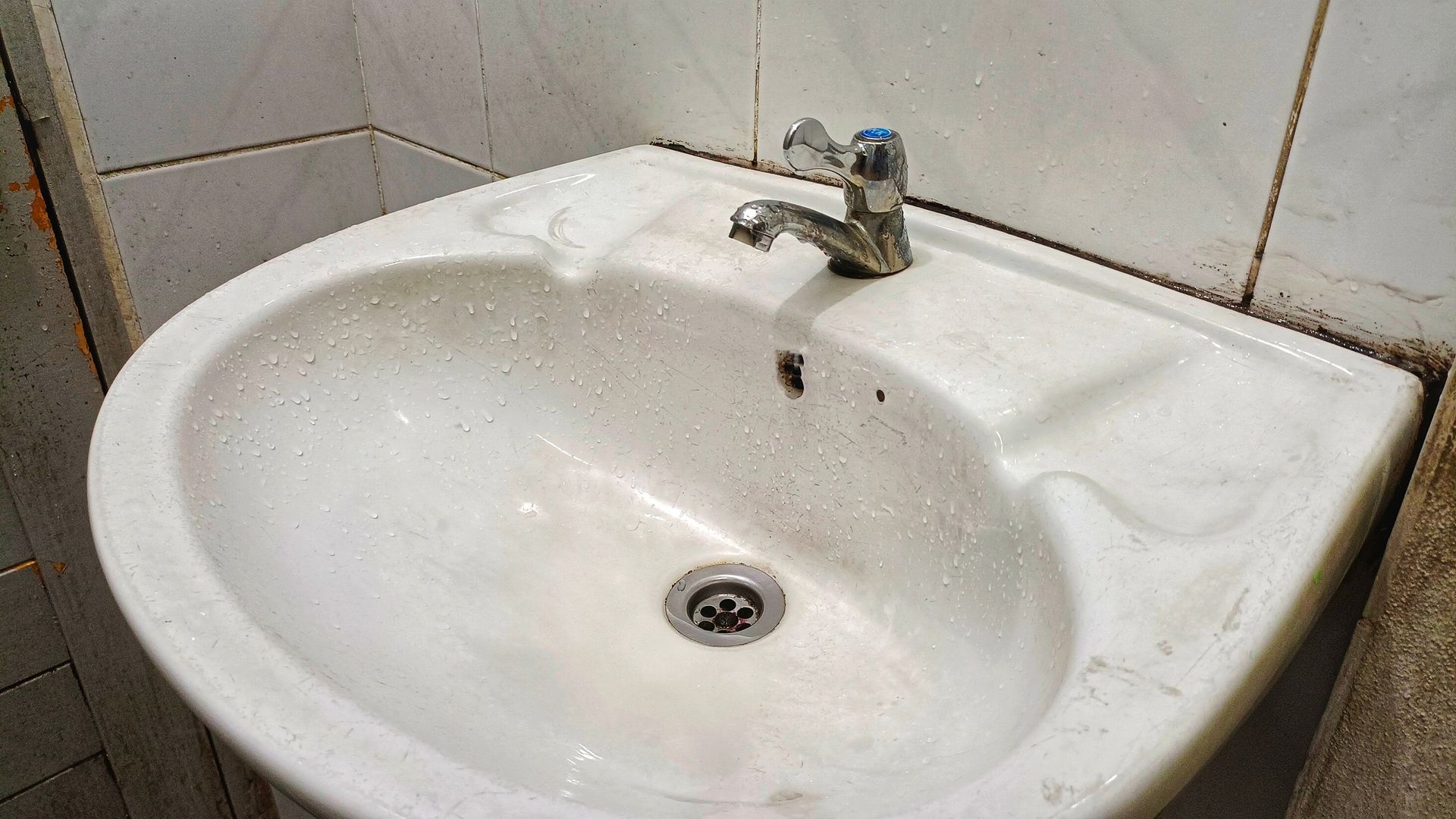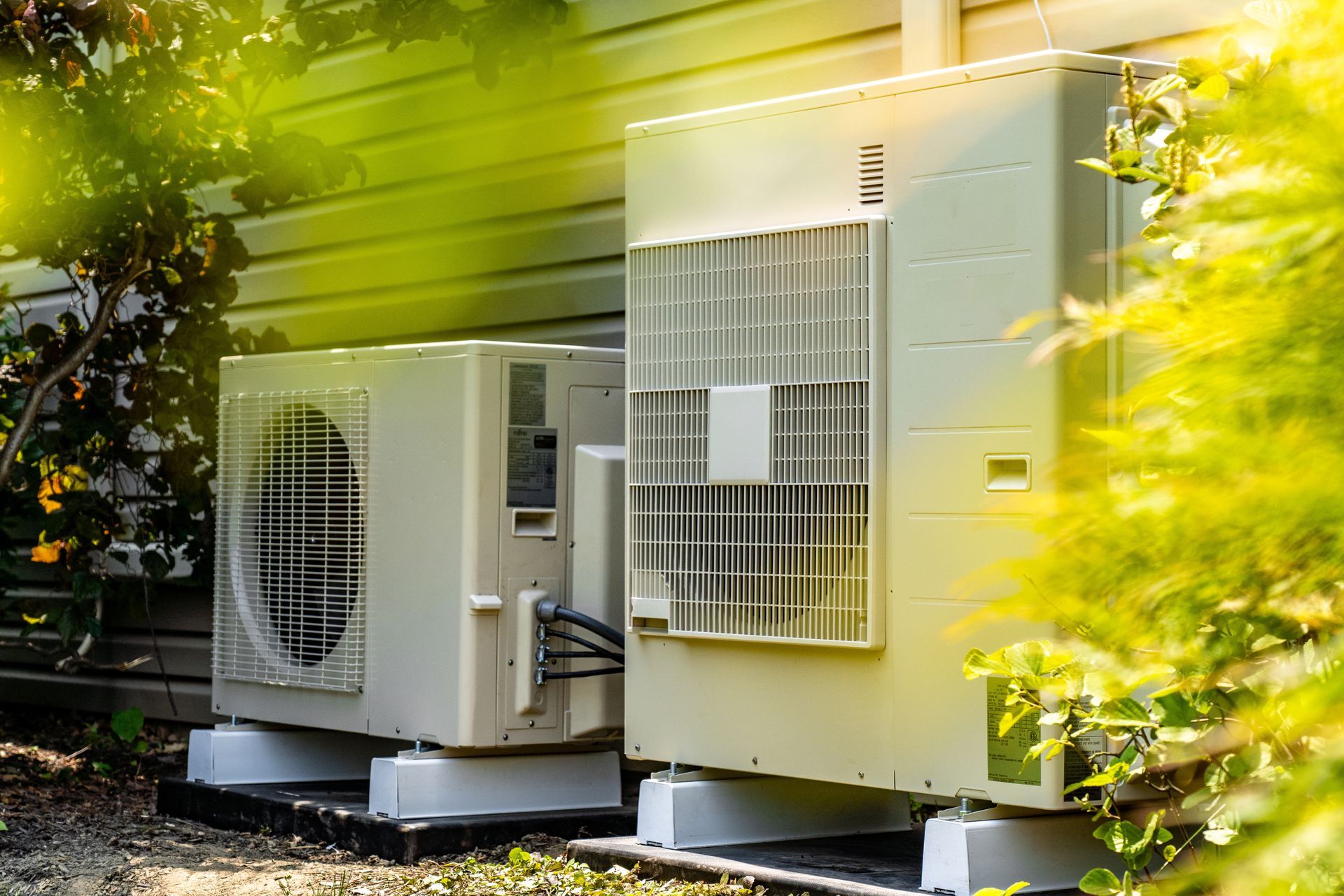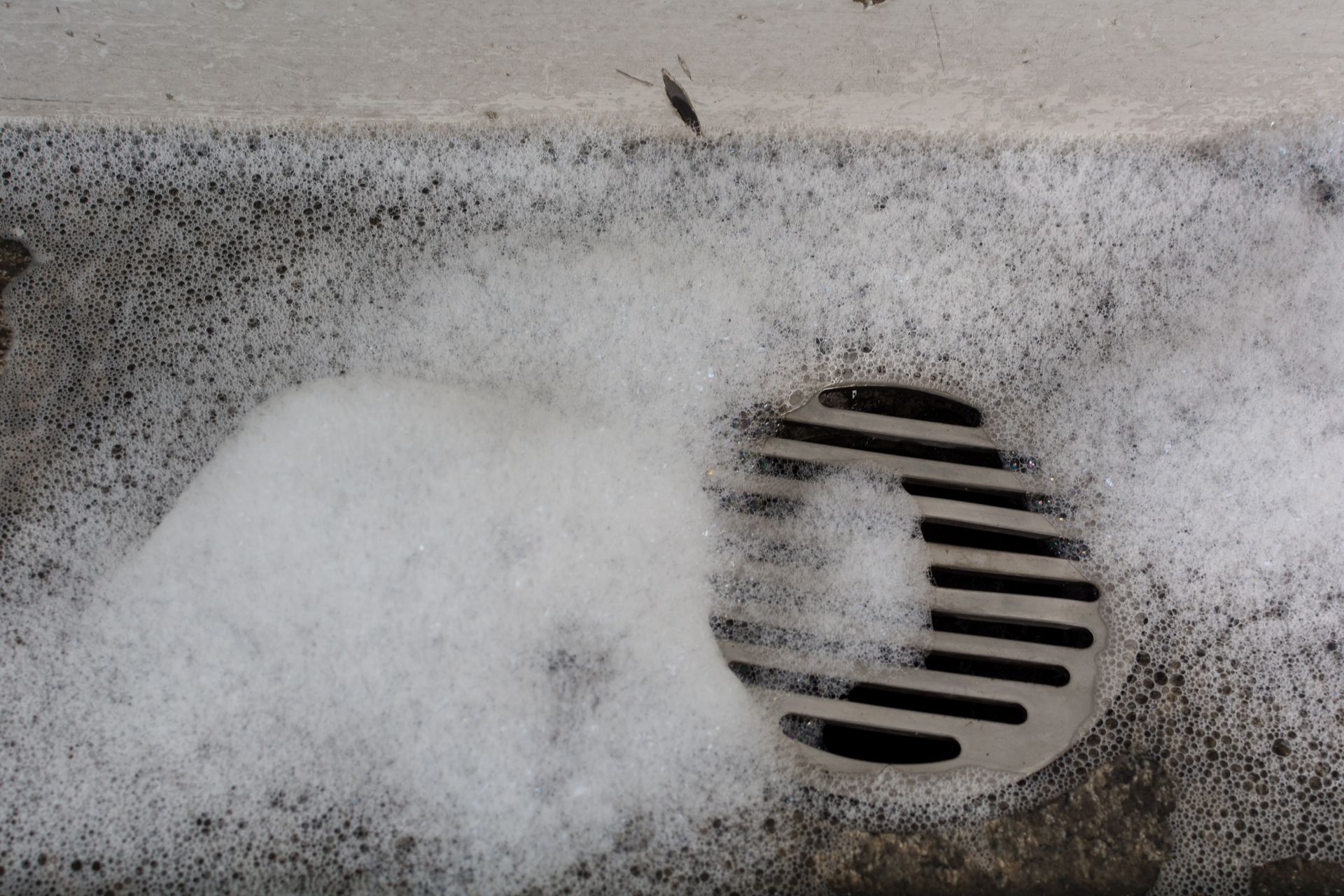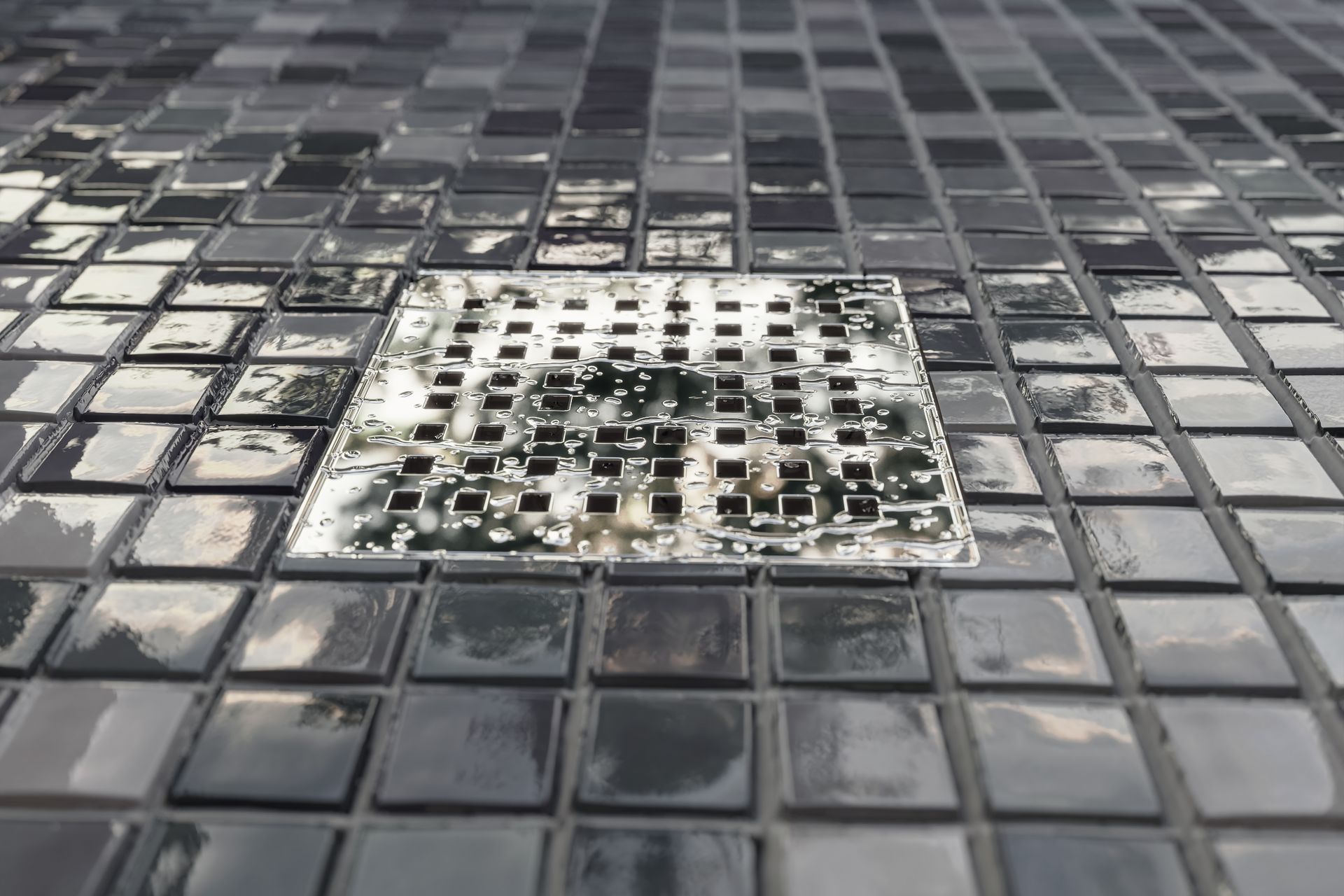Exploring the Most Common HVAC System Types for Climate Control
Maintaining the ideal indoor climate is crucial for comfort and health, and achieving this hinges on having an efficient Heating , Ventilation, and Air Conditioning (HVAC) system. Various types of HVAC systems are designed to cater to diverse needs, preferences, climates, and building types. This guide explores the most common HVAC systems, their features, advantages, and considerations to help you make an informed decision for your home or business.
Understanding HVAC Systems
HVAC stands for Heating, Ventilation, and Air Conditioning, the three primary functions of a system designed to provide thermal comfort and acceptable indoor air quality. These complex systems are crucial in residential, commercial, and industrial environments, as they help regulate room temperature and humidity levels, assuring a comfortable and safe atmosphere.
Components of an HVAC System
A standard HVAC system comprises several components that heat, cool, and ventilate your space. These typically include:
- Furnace: The furnace is a heating device that uses energy (like gas or electricity) to heat air, which is then distributed throughout your home or business via ductwork.
- Air Conditioner: This device uses refrigerant and electricity to cool air. The cooled air is then circulated through the building.
- Ductwork: These pathways allow heated or cooled air to travel throughout a building.
- Thermostat: This is the control panel for your HVAC system. You can set your desired temperature here, and the HVAC system will work to maintain that temperature throughout your space.
- Air Vents are the outlets from which the heated or cooled air is expelled into your rooms.
Each of these components plays a critical role in ensuring the efficient operation of your HVAC system.
Primary Types of HVAC Systems
Various types of HVAC systems are designed to cater to diverse needs, preferences, climates, and building types. The most common systems include:
- Traditional Split Systems
Traditional split systems are the most common type of HVAC systems. They comprise two main parts: an indoor unit (like a furnace or air handler) and an outdoor unit (like an air conditioner or heat pump). The indoor unit is responsible for circulating warm or cool air throughout the building, while the outdoor unit either cools (in the case of an air conditioner) or heats (in the case of a heat pump) the air.
Pros
- It provides both heating and cooling
- One of the most cost-effective solutions
- Suitable for a wide range of climates
Cons
- Requires significant space for installation
- It may not be the most energy-efficient solution
2. Hybrid Split Systems
Hybrid split systems operate similarly to traditional but with an added advantage. They can switch between gas and electric power, making them more energy-efficient. This system is particularly beneficial in mild climates where heating requirements are lower.
Pros
- Energy efficient
- It provides both heating and cooling
- Can switch between gas and electric power
Cons
- More expensive than traditional split systems
- Not suitable for areas with extreme temperatures
3. Duct-Free (Mini-Split) Systems
Duct-free or mini-split systems are ideal for heating or cooling individual rooms in your home. They comprise an outdoor compressor, a condenser, and an indoor handling unit. Each indoor unit can be controlled independently, providing personalized comfort in each room.
Pros
- Provides individual room control
- It does not require ductwork
Cons
- Higher upfront costs
- Requires regular maintenance
4. Packaged Heating and Air Systems
Packaged heating and air systems are compact systems ideal for homes with limited space. All components, including the compressor, condenser, and evaporator, are housed in a single unit, typically installed on the roof or near the foundation of a house.
Pros
- Compact design
- Easy to install and maintain
Cons
- Not as efficient as split systems
- Shorter lifespan
5.
Geothermal Heat Pumps
Geothermal heat pumps use the earth's constant temperature as an exchange medium instead of the outside air temperature. These systems are the most energy-efficient and environmentally friendly HVAC systems.
Pros
- Energy-efficient
- Environmentally friendly
Cons
- High upfront costs
- Requires significant yard or land space for installation
Choosing the Right HVAC System
Choosing the right HVAC system requires careful consideration of your needs, the local climate, the size and design of your home, and your budget. Some of the factors to consider include:
- Climate: The local climate plays a significant role in the type of HVAC system you should choose. For instance, a high-efficiency furnace or heat pump would be a suitable choice if you live in an area with harsh winters.
- Home Size and Layout: The size and layout of your home can also influence the type of HVAC system you need. Larger homes may require a larger capacity system or even multiple systems.
- Energy Efficiency: Energy efficiency should always be a consideration when choosing an HVAC system. More efficient systems may cost more upfront but can save you money in the long run.
- Cost: Your budget will undoubtedly play a role in your decision. It's essential to balance upfront costs with long-term savings from energy efficiency.
Buzzell Plumbing, Heating & Air: Your HVAC Partner in Middle Georgia
Navigating the world of HVAC systems can be daunting, but understanding the different types and their features is a significant first step. Whether installing a new HVAC system or needing help maintaining your current one, consider Buzzell Plumbing, Heating & Air for all your HVAC needs in Middle Georgia. Our team of experts is here to guide you through the process, ensuring you choose the best HVAC system for your specific needs. Contact us today to learn more about our services and how we can help you achieve optimal indoor comfort.
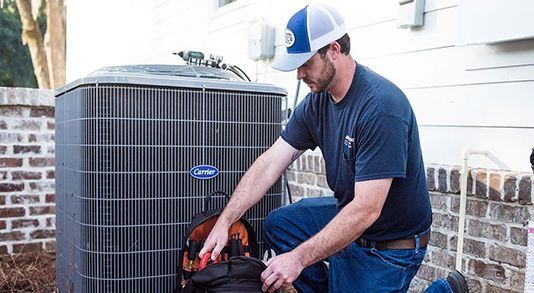
Our team of experts is here to guide you through the process, ensuring you choose the best HVAC system for your specific needs. Contact us today to learn more about our services and how we can help you achieve optimal indoor comfort.
